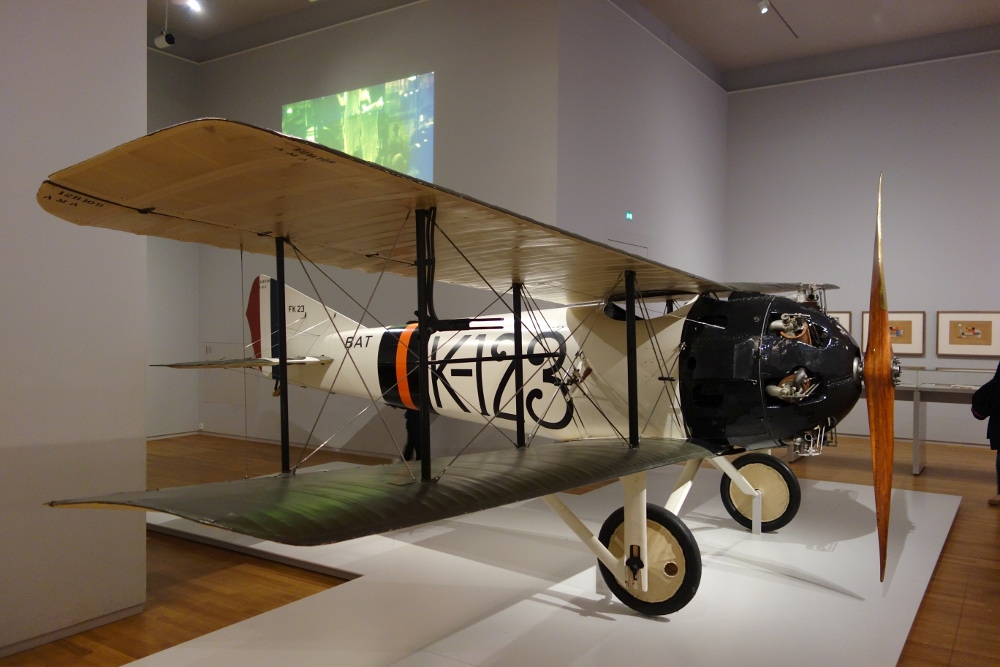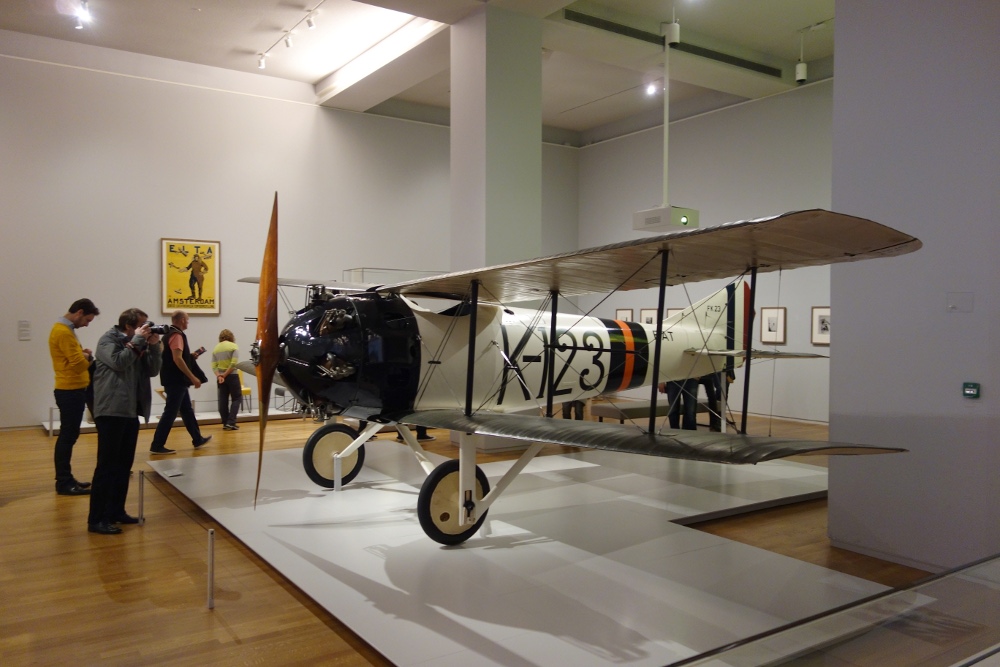BATBritish Aerial Transport Company Limited (BAT) was a British aircraft manufacturer from its formation in 1917 until its closure in 1919. The company was based at Willesden, London.
The company was formed in 1917 by Samuel Waring around the combined knowledge of Frederick Koolhoven as Chief Designer, and Robert Noorduyn as Chief Draughtsman. Koolhoven's first design for the company was the F.K.22 fighter. In 1919 Lord Waring reduced his aviation interests and this forced the closure of the company. The fourth F.K.26 was the last aircraft built by the company.
Aircraft designs: BAT F.K.23 BantamThe BAT F.K.23 Bantam was a British single-seat fighter biplane produced by British Aerial Transport Company Limited of London during World War I. 

BAT F.K.23 Bantam, registration K-123, built 1920, serial number 15
|